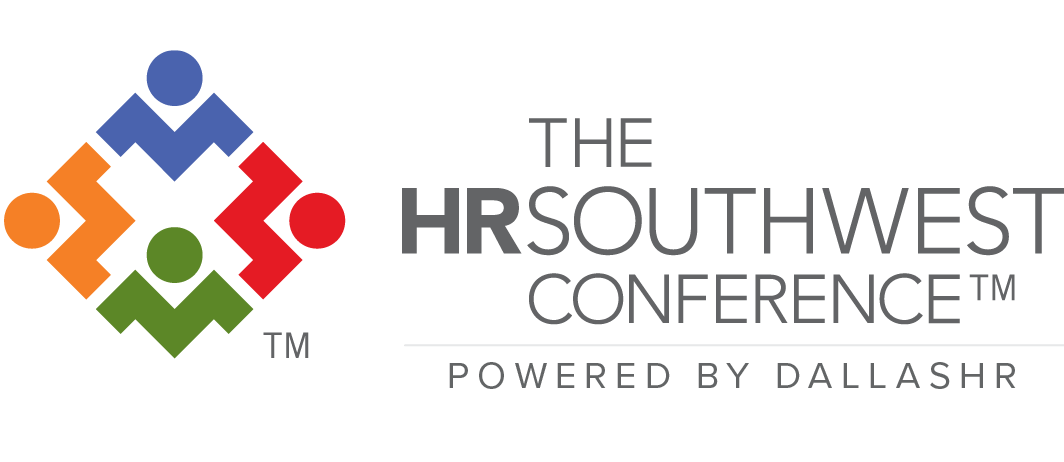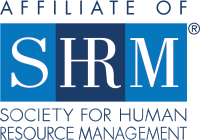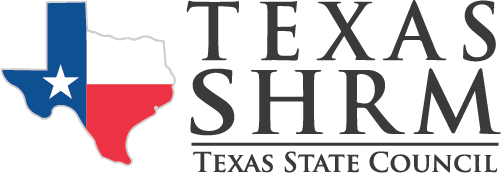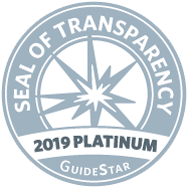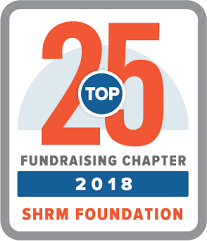
Dallas HR Webinars

HR-101
A variety of our online sessions are labeled as “HR-101”. These sessions fall within each of the tracks and serve as a roadmap for the best introductory overview to the world of HR.
47 Results
-
Contains 3 Component(s), Includes Credits Recorded On: 10/29/2019
Returning Favorite! Millennials are now the largest represented population in the workforce. The discussion is no longer focused on how leaders can co-exist with a millennial workforce; the conversation today has moved to outline best practices for integrating millennial ideas and values into company culture to leverage the best of both worlds. During this session, participants will learn key national trends of this generation and cover practical strategies to leverage research to create an environment in which millennials thrive. With a presenter that is definitively Millennial in age but straddles the generational gap in thought, this session includes first hand lessons learned from building a firm that has successfully leveraged the best of both worlds to grow in size between 80 to 100 percent each year since its founding over eight years ago. Learning Objectives: Understand five best practices in bridging generational gaps; Name three questions every organization should be asking; Identify key cultural competencies integral for success with the millennial generation.
-
Register
- Non-Member - $34
- Member - $19
- More Information
-
Register
-
Contains 3 Component(s), Includes Credits Recorded On: 10/29/2019
Understanding the legal implications of tests and other employment practices is critical for HR professionals. An employer can’t intentionally discriminate, but, in the vast majority of claims brought under the 1991 Civil Rights Act’s Title VII or Uniform Guidelines on Employee Selection Procedures (41 CRF 60-3) – the only way to challenge a practice is to claim it’s discriminatory – intentional discrimination is not alleged. Most claims are triggered statistically by adverse impact – that it caused a protected group to be under-selected – despite employer commitment to EEO. This sessionwill demonstrate the two ways a practice can be discriminatory within how anti-discrimination law evolved into Title VII and the Uniform Guidelines, with many firsthand case examples; differences between the two legal standards; and basic exam legal defensibility, while humorously debunking legal defensibility myths. Learning Objectives: Understand basic legal defensibility at the lay level to be proactive to mitigate potential employment practice liability; Debunk EEO compliance myths through examination of case examples and learn what not to do to mitigate liability; Become aware that the federal government doesn't always know what they're supposed to be enforcing.
-
Register
- Non-Member - $34
- Member - $19
- More Information
-
Register
-
Contains 3 Component(s), Includes Credits Recorded On: 10/29/2019
While HR professionals may have enjoyed the recent slowdown in regulatory action under the Affordable Care Act, plenty of compliance considerations remain for those that work with cafeteria plans and group health plans. We’ll look at the latest-and-greatest as it pertains to topics such as association health plans, wellness regulations, the contraceptive mandate, and general agency enforcement to ensure HR professionals are ready to become a trusted advisor to employees through the next phase of employee benefits. Learning Objectives: Understand key regulatory and legislative actions from the past year that affect compliance for cafeteria plans and group health plans; Recognize inherent risks of noncompliance for employee benefit programs based on agency enforcement activities from the past year; Serve as a trusted advisor to the company in the event an IRS penalty is proposed for alleged noncompliance with the employer mandate provisions applicable to large employers.
-
Register
- Non-Member - $34
- Member - $19
- More Information
-
Register
-
Contains 3 Component(s), Includes Credits Recorded On: 10/28/2019
Leadership and HR in a family-owned business can be difficult. From succession planning for the next generation to hiring and managing practices that are fair and keep families in harmony, the HR professional in a family enterprise has more challenges than the average practitioner. With more than 80% of U.S. businesses family enterprises and the majority of those owned by aging entrepreneurs looking to transition the company in the next 10 years, understanding strategies to keep both the business and the family healthy are crucial if we are effective HR partners. The upside is providing solid HR leadership in a family business can be tremendously rewarding. Often HR practitioners in a family business are exposed to growth opportunities they might not see in a traditional corporate role. This session is specifically designed to address some of the unique challenges practitioners who work for family-owned enterprises face. This session will cover: Creating hiring, compensation and management policies for family members that are fair and consistent; understanding healthy governance for family business; top policies unique to a family-owned business that should be considered; and crisis management when family issues spill over into work. Learning Objectives: Understand the unique policies that can be important in a family owned business; Learn how to help owners "wear the right hand" as they function as shareholders, family members and employees; Look at how to develop leadership in family businesses, especially as they prepare for a future ownership transfer.
-
Register
- Non-Member - $34
- Member - $19
- More Information
-
Register
-
Contains 3 Component(s), Includes Credits Recorded On: 10/28/2019
In today's workplace and with today's workforce, employers often try to be the "cool" employer to attract and retain top-notch talent, including the younger workforce. This means games in the workplace, casual attire, flexible work arrangements, digital presence employees, social media and more. With these efforts comes an increased fear of liability and non-compliance with applicable employment laws. How can employers provide these benefits and be the "cool" employer without getting burned by administrative charges, audits and lawsuits? Believe it or not, it can be done! It just takes proper planning and a strong familiarity with the employment laws at play. Learning Objectives: Stay legally compliant when providing enhancements to your company culture; Learn which handbook policies should be updated or amended to reflect the changing workplace; Understand misconceptions surrounding company culture and staying legally compliant.
-
Register
- Non-Member - Free!
- Member - Free!
- More Information
-
Register
Per SHRM and HRCI recertification guidelines, online content is eligible for recertification credit for two years from date of capture. Content will expire based on the following schedule:
- 2019 Conference Expiration Date: October 31,2021
- 2018 Conference Expiration Date: October 1, 2020
| Access Date | Quiz Result | Score | Actions |
|---|
Instructions for Signing In
Please sign in to the Online Learning Center with your DallasHR.org Username and Password. All attendees of the HRSouthwest Conference have credentials to sign in, even if you've never signed into the DallasHR website. Click "Log In" above and then choose "Forgot my Username". Enter the email address used to register for the conference and you'll receive instructions from info@dallashr.org
Question? Please email education@dallashr.org

